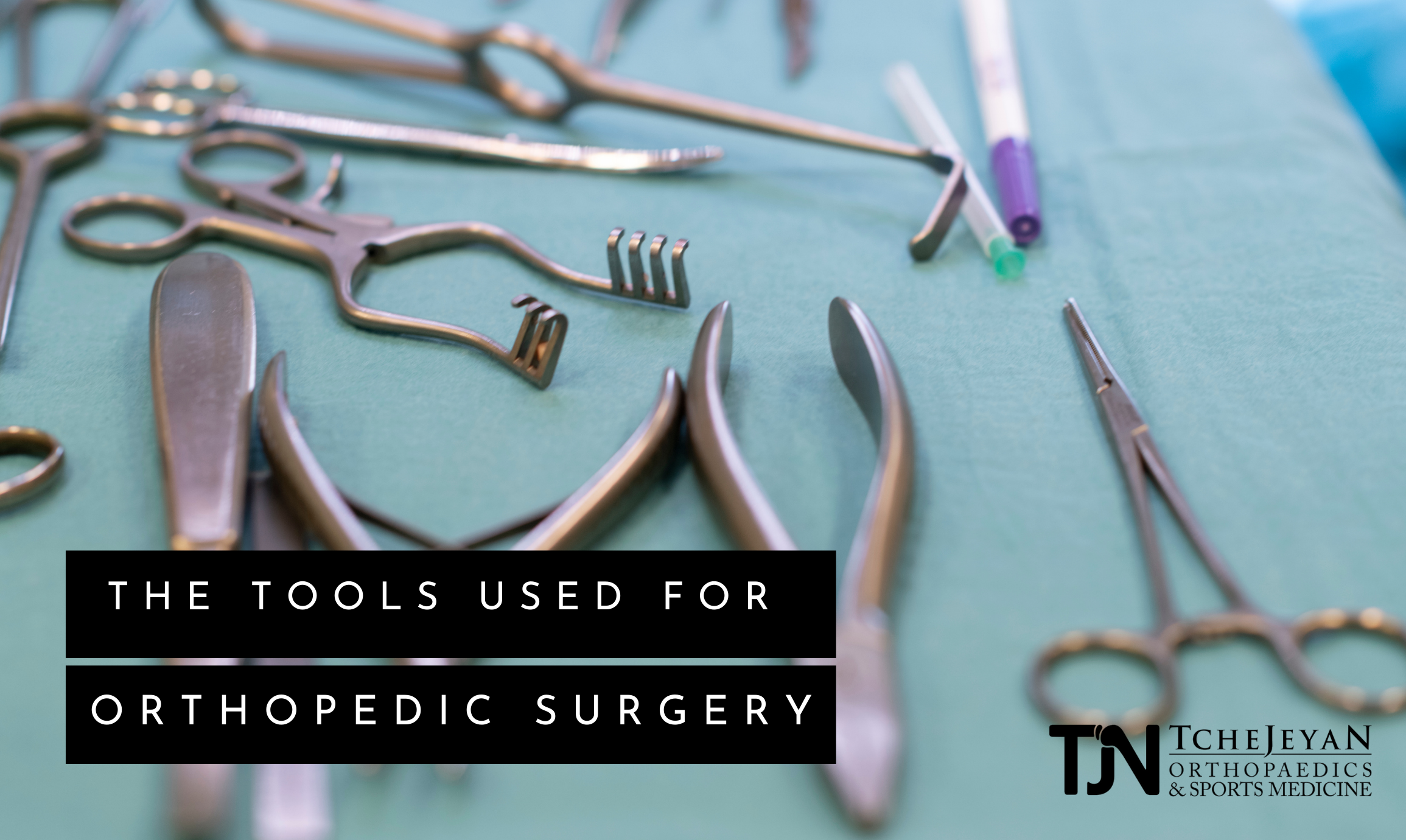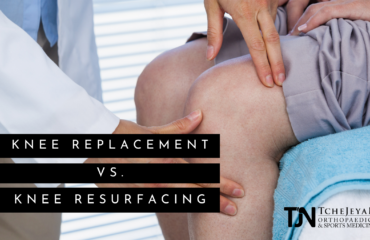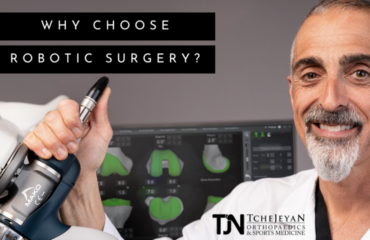Joint problems are extremely common, with about one-third of patients experiencing them in any given 30-day period. Fortunately, surgery repairing the cartilage in the knee, hip, or shoulder is relatively straightforward. A qualified surgeon is able to accurately assess your knee anatomy and make a decision about what tools to use to repair it.
Orthopedic surgery aims to repair or replace joints that have been damaged by normal wear and tear or by excessive physical activity. Although they are almost always successful and provide patients with much greater mobility in the damaged joints, many people are hesitant to undergo surgery because they don’t understand what’s involved. Dr. Tchejeyan believes each patient should fully understand the process all the way from surgery preparation to recovery. Read on to learn about the variety of manual tools (aside from the Mako Robotic Arm) that your surgeon might use in joint replacement procedures.
The Artificial Prosthesis to Replicate Your Natural Knee Anatomy
If you’re having a full knee replacement, your surgeon will insert a prosthesis into your knee to replicate the original structure. This consists of a metal shell that replaces the end of the femur and a metal stem and plastic cup to replace the end of the tibia and the cartilage in between the joints. Depending on the exact nature of the surgery, you might also need to have artificial ligaments and an artificial kneecap.
An Arthroscope
Certain types of hip and knee surgery require the use of an arthroscope, which is a thin tube with a camera attached at the end. This is used to help the surgeon visualize the tissue within your knee, so they can use small instruments to make the necessary repairs. With this method, problems like ACL or PCL tears, arthritis, patellar misalignment, and meniscal tears can be addressed.
Pins, Screws, Rods, and Plates
When you have a fracture in your joint, tools such as pins, screws, rods, and plates, often made of metal, will be used to hold your bones in place while they heal. In some cases, these will be removed later on, but depending on your injury, they can be left in your body indefinitely. This technique is particularly common during hip fracture surgery, and it can effectively stabilize your hip bones.
The MAKO Robot Arm
One of the most exciting innovations at TJN Ortho is MAKO joint surgery, which involves the use of a robotic arm. While a highly experienced surgeon will be successful in around 90% of cases, there is always the risk of human error. MAKO takes this out of the equation and allows us to achieve an optimal success rate because it is always accurate. With this method, everyone can enjoy excellent results, and patients may experience a shorter recovery period.
The tools used during orthopedic surgery are varied, and they depend on what joint is being worked on and how extensive the damage is. When you come into the clinic for your initial consultation, your surgeon will assess your condition and then suggest the best approach. Contact us now at TJN Orthopaedics & Sports Medicine to find out more and book a consultation with Dr. Tchejeyan.




